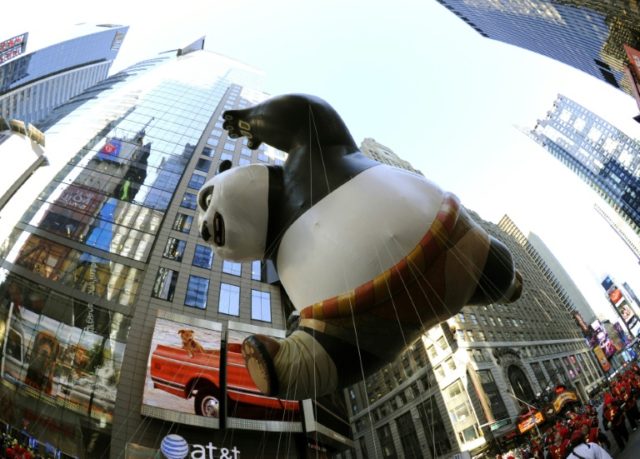Beijing (AFP) – China will launch an anti-trust probe into the $3.8 billion merger of US media giants Comcast and DreamWorks Animation, the country’s commerce ministry said Friday.
In April, Comcast — the biggest cable television operator in the US — bid for the creators of the Kung-fu Panda series, a smash hit in China.
A Chinese company lodged a complaint about the deal, commerce ministry spokesman Shen Danyang told a regular briefing Friday, “saying it would have an unfavourable influence on market competition in China”.
He gave no further details but said monopoly regulators will conduct an investigation under the country’s anti-trust law and “relevant regulations”.
The ministry on Friday also announced it had launched a probe into the recent merger between Chinese ride-sharing giant Didi Chuxing and the local operations of its US rival Uber.
In recent years, Chinese authorities have stepped up scrutiny of foreign firms, launching sweeping investigations into alleged malpractice in sectors ranging from pharmaceuticals to baby formula.
The deal between the media giants represents consolidation in a sector which is being challenged by the emergence of new Internet-based video services such as Netflix and Amazon, which are boosting their original programming.
Originally part of the DreamWorks group created in the 1990s by Steven Spielberg, David Geffen and former top Disney executive Jeffrey Katzenberg, the animation studio was spun off as a separate company in 2004.
Under the deal, it will become part of NBCU’s Universal Filmed Entertainment Group, which includes Universal Pictures.
Comcast acquired a majority of NBC Universal in 2009 and in 2013 boosted its stake to 100 percent.
That gave it the large NBC television network as well as Universal Studios in Hollywood and its theme parks.
DreamWorks, which also owns rights to the Shrek series of animated films, has plans to build a theme park in China, hoping to leverage their immensely popular media properties to cash in on the country’s growing middle class.

COMMENTS
Please let us know if you're having issues with commenting.